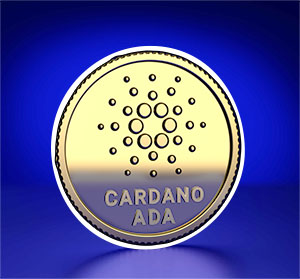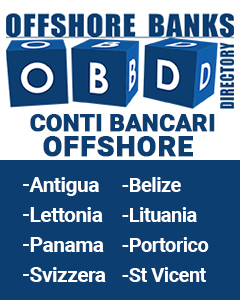
It’s an intelligent contract platform similar to Ethereum, with special security measures through a layered architecture. It is the first Blockchain project created by scientific philosophy and based on peer-reviewed academic research.
The team in charge of the project does it while taking into consideration both the end user and the regulatory authorities. In fact, they are trying to find an equilibrium between the need for regulation, principles of confidentiality and decentralization at the heart of Blockchain technology.
The platform also uses Haskell, a programming language with a high degree of fault tolerance. With a relatively unknown future and the complexity of Blockchain-based systems, it is important to create flexibility in projects. It’s almost impossible to know what can happen to a system in a few months or even years, so it’s important to have a robust language like Haskell that allows you to tolerate a certain error’s margin.
Unlike other cryptography-based projects, the goal of the Cardano team is not to renew the entire financial system but to use Blockchain technology and bring banking systems to places where they are too expensive to implement.
Cardano ADA: More flexible smart contract
Technically:
Cardano is developed on two levels that separates the record from account values, which is the reason why the values move from one account to another. This separation allows smart contracts written on the platform to be more flexible.
Companies can take advantage of this separation to adapt the design, privacy, and execution of each contract more appropriately to their specific use cases.
The CSL (Cardan Settlement layer) acts as the overall ledger and is the first layer of the platform created as an enhancement for Bitcoin, this layer is a Cryptocurrency built from the white paper of “Ouroboros: A Provably Secure Proof-of-Stake Blockchain Protocol “by Aggelos Kiayias.
The CSL uses a test approval algorithm to generate new blocks and confirm transactions.
The CCL (Cardano computation Layer) is the second level of the Cardano platform and contains information on why transactions are verified.
Because the calculation level is removed from the CSL, different CCL users can create different rules when evaluating transactions. For example, it is possible to create an authoritative ledger that excludes all transactions that do not include AML/KYC data, aspects that will become increasingly important as the Blockchain regulation continues to increase.
Cardano's team is creating a new programming language that will be used to develop smart contracts in the CCL-Plutus. CCL also supports solidarity, the language behind Ethereum's smart contracts, for low-security of applications on the platform.
The Cardano team also created the Daedalus purse, which is open source. Although this purse is closely associated with Cardano, the team plans to significantly expand its capabilities. Therefore, Daedalus will end up being a multi-currency purse in which the accepted currencies can be exchanged freely. The wallet will begin expanding services with the introduction of Bitcoin and Ethereum Classic.
The purse will include an app store with content created by the Daedalus community.
Daedalus is currently available on the Web only, but will soon be available for iOS and Android.
Instead of using a work Test consent algorithm (PoW), Cardano uses the Ouroboros Participatory test algorithm (PoS) to reach a consensus on the state of the ledger.
In this protocol, slot leaders generates new blocks in the Blockchain and verify the transactions. Anyone who owns a coin ADA Cardano can become a slot leader. When the "Follow the Satoshi” algorithm selects a currency that you own, you can become a slot leader and publish new blocks on the network. Your node automatically executes this process, so you don't have to worry about manually verifying each transaction.
On the other hand, with respect to ADA market aspects, the maximum price was reached at the beginning of January 2018 quoting at 1.28 USD
ADA’s price, at its launch, was 0.02 USD, but often fluctuated between 0.11 and 0.14 USD; After the ascent at the beginning of January 2018, even the prices of ADA, in line with the general trend of the Cryptocurrencies market, which began to descend constantly.
Currently, the price of ADA is 0099 USD. Market capitalization is over 2.5 billion dollars (Source: CoinMarketCap.com).
Cardano is also among the top ten Cryptocurrencies by market capitalization (8th position).
In the medium term (9-12 months), ADA is with no doubt that Cryptocurrency to keep in the purse. You can buy ADA in the main exchanges (Binance, Bittrex, OKEx, Huobi, Kucoin, HitBTC, LiteBit.eu, Cryptopia, etc.), as well as being able to save it in the Daedalus purse.
Book it
Risk warnings
The views and opinions expressed are the views of Crypto Currency 10 and are subject to change based on market and other conditions. The information provided does not constitute investment advice and it should not be relied on as such. All material(s) have been obtained from sources believed to be reliable, but its accuracy is not guaranteed. There is no representation or warranty as to the current accuracy of, nor liability for, decisions based on such information.
Changes in rates of exchange may have an adverse effect on the value, price or income of an investment.
Past performance is no guarantee of future results and the value of such investments and their strategies may fall as well as rise.

